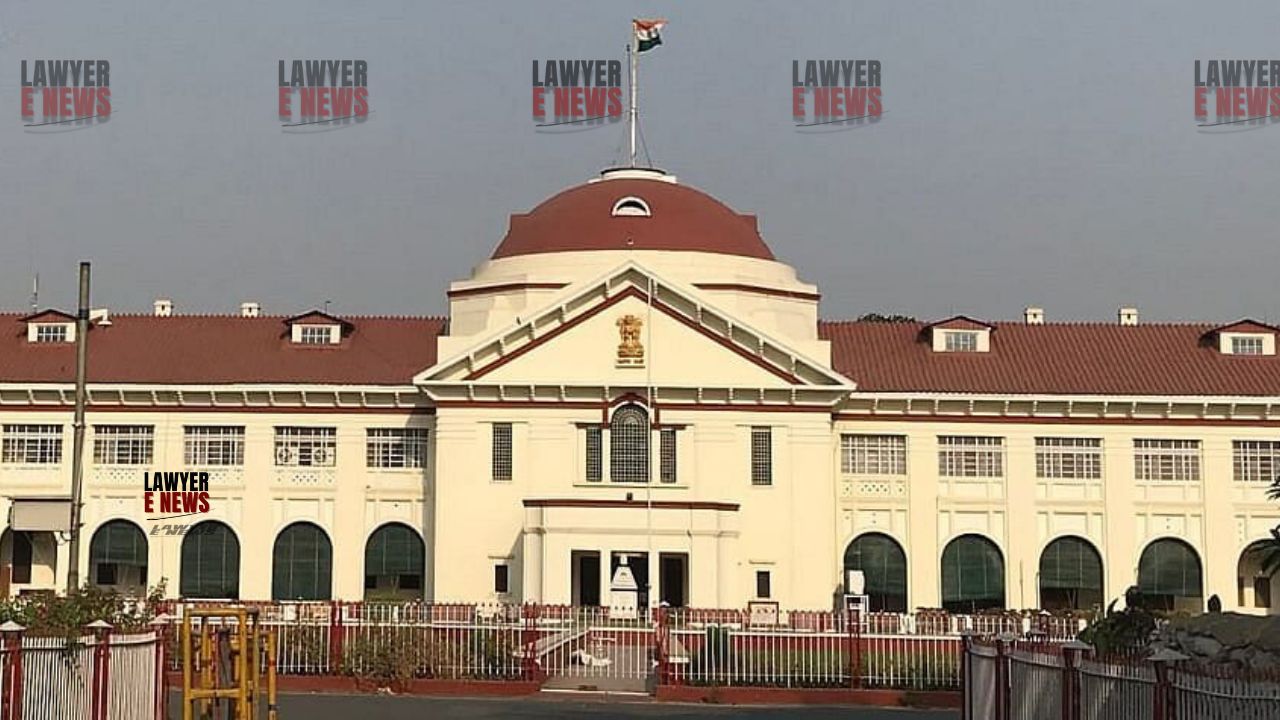-
by Admin
15 February 2026 5:35 AM



On September 12, 2024, the Patna High Court delivered a significant ruling in Vikash Sah v. The State of Bihar, upholding the appellant's conviction and life sentence for the rape of a minor under Section 376(1) of the IPC and Section 4 of the POCSO Act, 2012. The court dismissed the appellant's claims of a consensual relationship, emphasizing that any sexual activity with a minor constitutes a strict offense.
The case arose from an incident on August 3, 2017, involving the rape of a 17-year-old girl by her neighbor, Vikash Sah. The victim reported that while sleeping in her courtyard, the appellant climbed over the wall, threatened her with a dagger, and committed the rape. Due to fear and threats from the appellant, she delayed reporting the incident until October 24, 2017. The victim's father, upon learning of the crime, returned from Mumbai and lodged a complaint with the police, leading to the appellant's trial and subsequent conviction.
The appellant's defense hinged on the delay in lodging the FIR, suggesting it cast doubt on the accusation. The appellant also argued that the relationship was consensual and questioned the POCSO court's jurisdiction, alleging the victim was not a minor. The defense challenged the reliance on a school certificate to establish the victim's age.
The prosecution countered these arguments by highlighting the victim's fear and the threats that caused the delay in reporting. The prosecution also noted that the victim became pregnant, sought permission for termination from the High Court, and the DNA evidence conclusively matched the appellant with the fetus.
The court found the victim's delay in reporting the crime plausible, given the threats made by the appellant. The court noted that the victim's father corroborated her account, stating he acted promptly upon learning of the incident. The investigating officer, Indira Rani (PW-3), testified that the victim was a minor based on a school certificate, which went unchallenged during the trial.
The court dismissed the appellant's argument about the consensual nature of the relationship, noting the strict liability imposed by the POCSO Act for sexual activity with minors. The judgment emphasized, "There can be no presumption that two young persons if they are neighbours are bound to get physically attracted to each other." It further clarified that even if the relationship had been consensual, the appellant's actions constituted an offense under the POCSO Act.
The court also rejected the defense's argument regarding the lack of recent signs of sexual intercourse and discrepancies in the pregnancy timeline, considering the significant time elapsed since the incident and the victim's intention to terminate the pregnancy.
The High Court upheld the life imprisonment sentence of Vikash Sah, confirming the trial court's judgment. The court's ruling underscores the legal principle that any sexual liaison with a minor, irrespective of consent, is a punishable offense under the POCSO Act.
Date of Decision: September 12, 2024
Vikash Sah v. The State of Bihar
